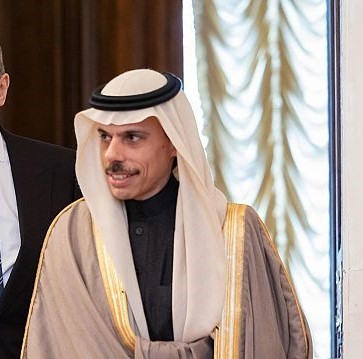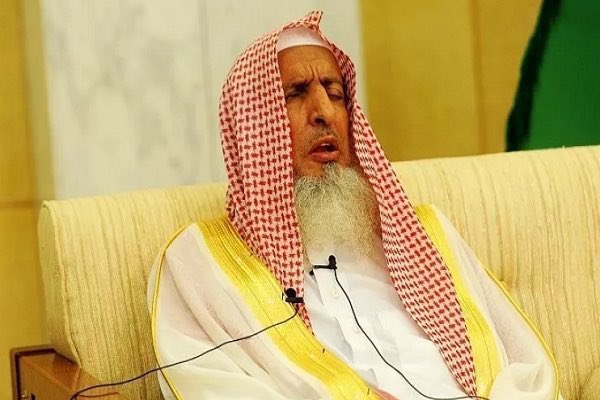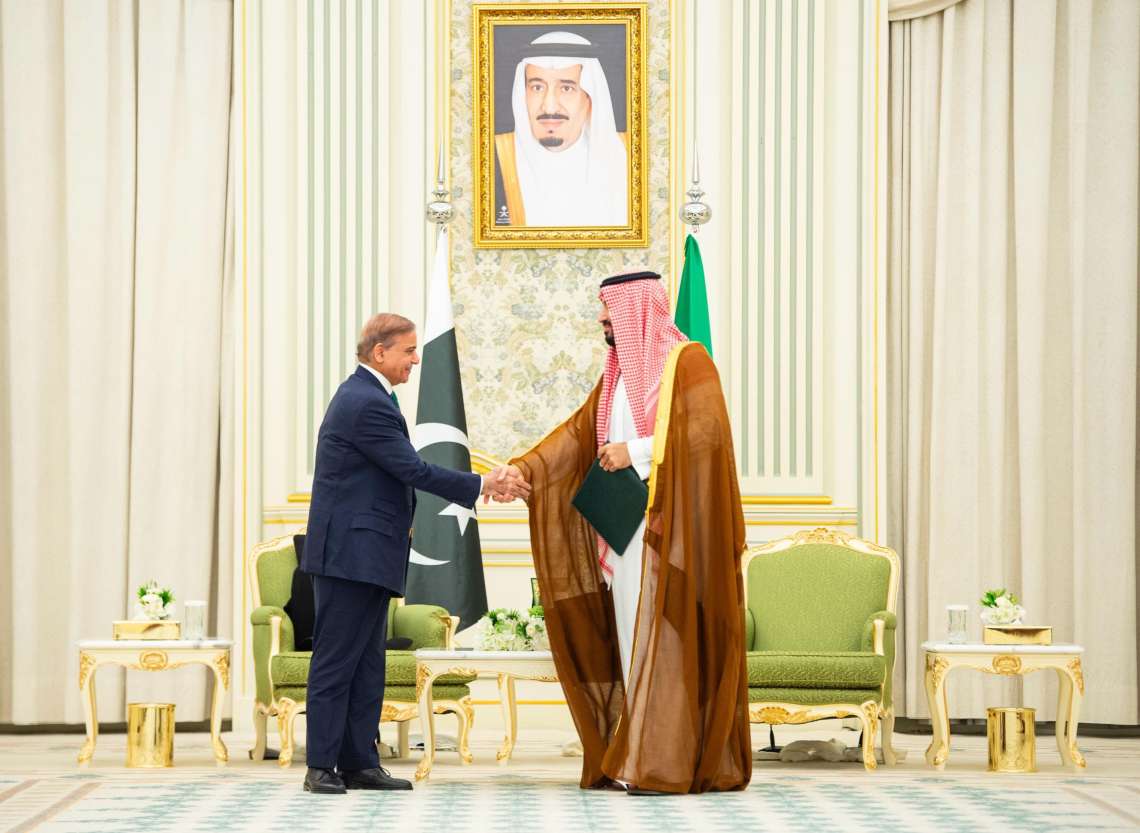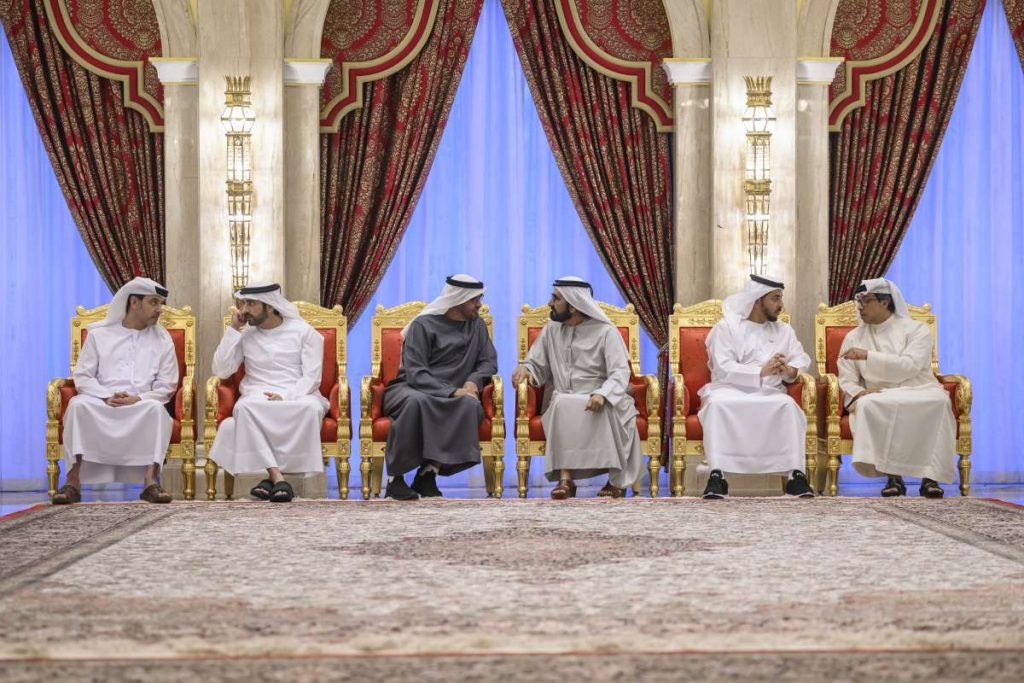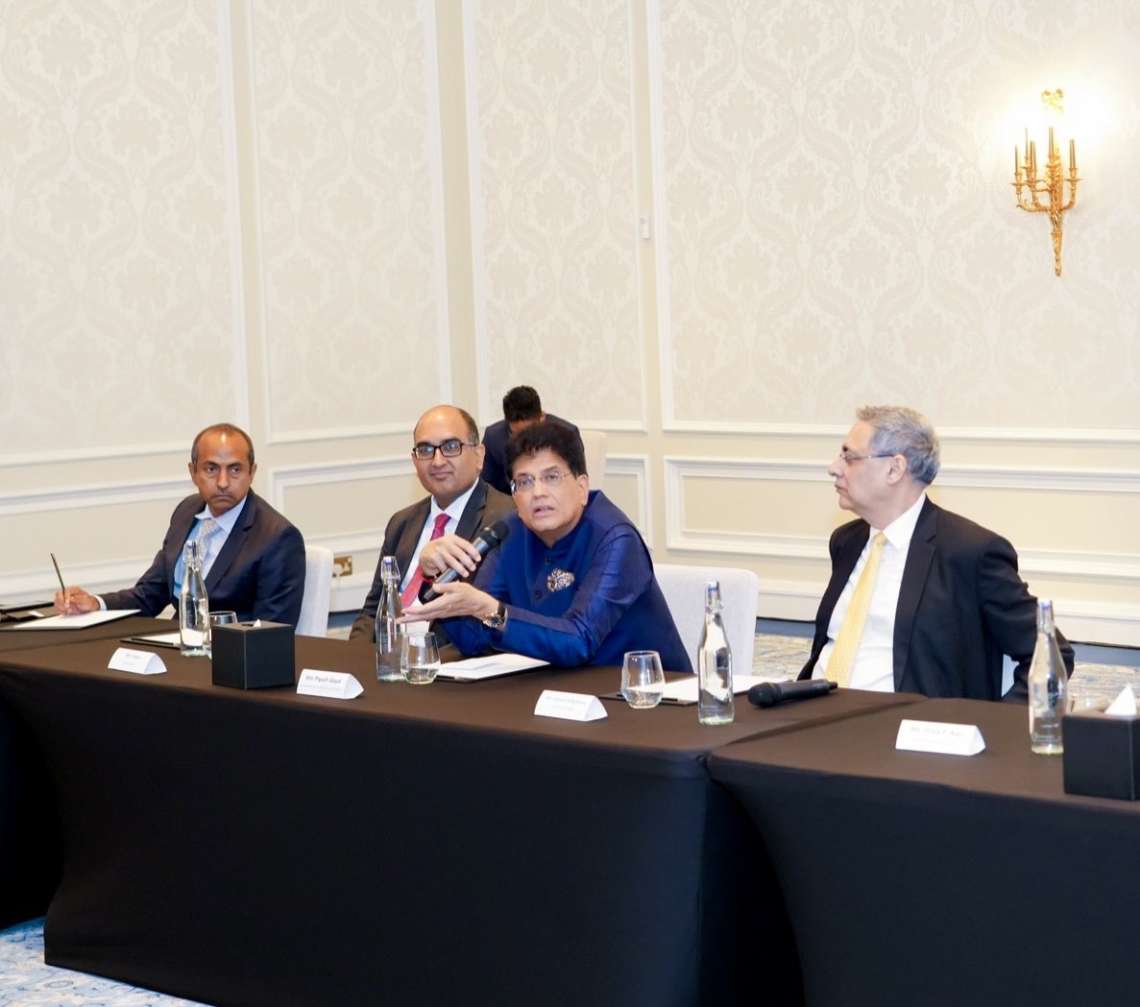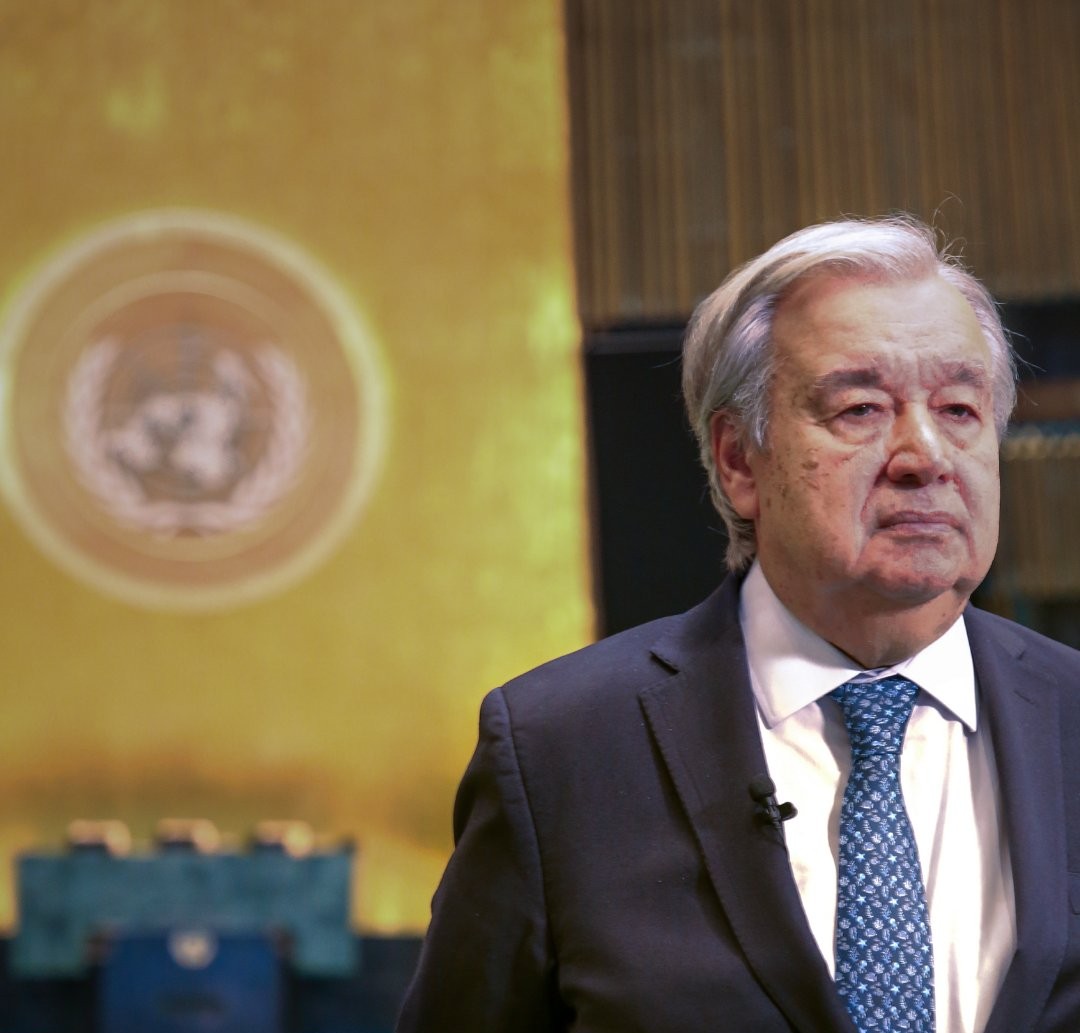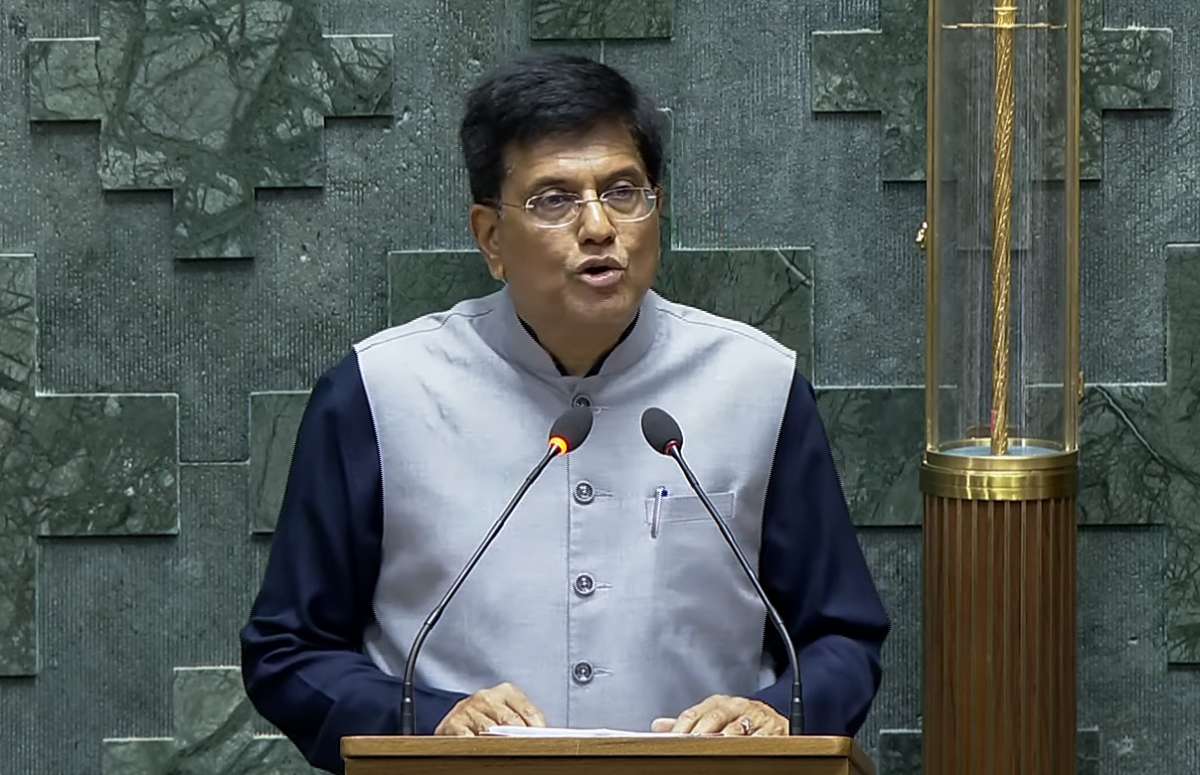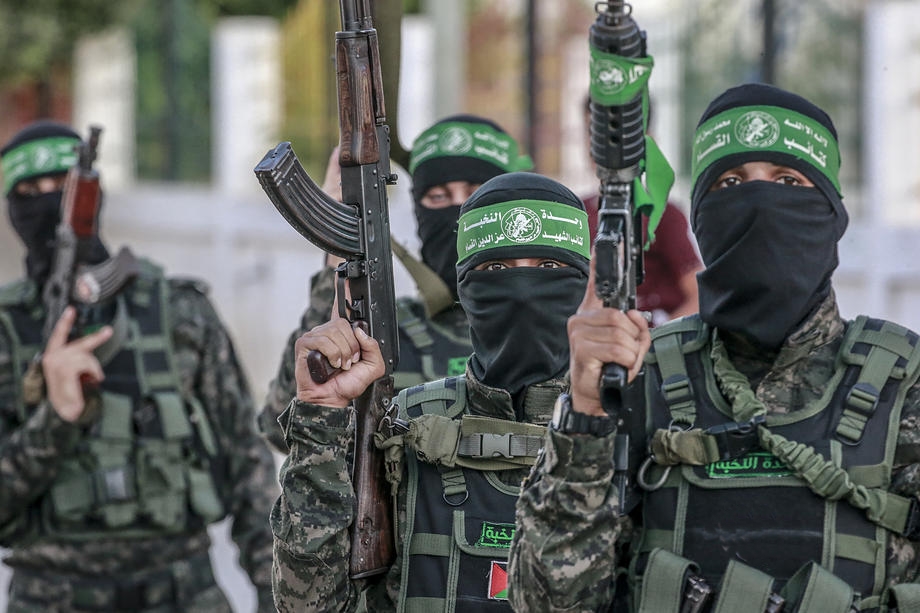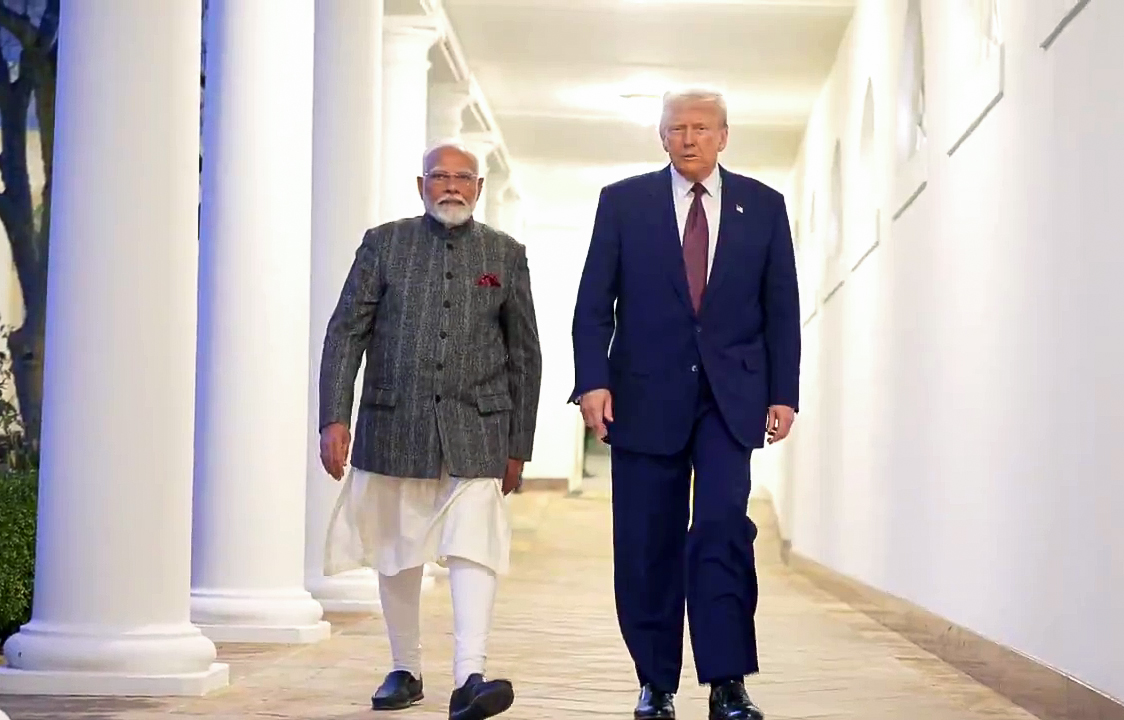The meeting between the ministers is aimed at preparing ground for the reopening of embassies and consulate generals in two countries….reports Asian Lite News
Saudi Arabia’s Foreign Minister Prince Faisal bin Farhan and his Iranian counterpart, Hossein Amir-Abdollahian, have agreed to meet during the month of Ramadan, the Saudi Press Agency reported early Monday.
The diplomats also discussed in a phone call a number of issues amid the trilateral agreement signed in China.
“The Foreign Minister received a phone call from the Iranian Foreign Minister, during which a number of common issues were discussed in light of the tripartite agreement that was signed in the People’s Republic of China. The two ministers also agreed to hold a bilateral meeting between them during the current month of Ramadan,” the Saud Press Agency said in a statement.
The Kingdom and Iran agreed on March 10 to re-establish diplomatic relations and reopen their embassies within two months following years of tensions. King of Saudi Arabia has also invited Iran President to visit Riyadh.
In a recent phone call, the two foreign ministers, agreed to meet to prepare the ground for the reopening of embassies and consulate generals between the two countries.
The Saudi foreign minister pointed to the positive achievements of the Beijing meeting, in which the two countries signed an agreement on the normalization of ties after seven years, and highlighted the necessity of meeting his Iranian counterpart in the near future and the reopening of the embassies.
Meanwhile, the top Iranian diplomat expressed satisfaction with the detente between Tehran and Riyadh, expressing Iran’s readiness to develop and strengthen bilateral relations.
Recently, the Iranian Foreign Ministry spokesman Nasser Kanaani welcomed the support voiced in a statement by the Gulf Cooperation Council (GCC) for the detente between Tehran and Riyadh.
Kanaani made the remarks last week in a statement published on the Iranian Foreign Ministry’s website, reacting to a statement issued at the end of the 155th session of the GCC Ministerial Council on Wednesday in Riyadh, in which the council hailed the recent China-brokered agreement signed between Iran and Saudi Arabia on the normalisation of relations after seven years of severed ties.
He expressed hope that the agreement between Iran and Saudi Arabia would play an effective role in ensuring regional stability, peace and development and promoting dialogue-based approaches in the region.
Kanaani once again hailed China’s hosting of the latest round of the rapprochement talks between Iran and Saudi Arabia and the country’s contribution to the signing of the agreement, appreciating effective efforts by Baghdad and Muscat toward the detente between Tehran and Riyadh.
He said the regional states’ support for the agreement is an indication of their determination to promote diplomatic approaches in the region.
In its statement, the GCC Ministerial Council said the agreement between Saudi Arabia and Iran is a step toward establishing relations between countries based on understanding, mutual respect, good neighbourliness, respect for sovereignty, and non-interference in internal affairs.
It also highlighted that the agreement aligns with the charters of the United Nations, the Organisation of Islamic Cooperation (OIC) and international laws and norms.
China, Saudi Arabia and Iran announced on March 10 that the latter two had reached a deal which includes the agreement to resume diplomatic relations and reopen embassies and missions within two months.
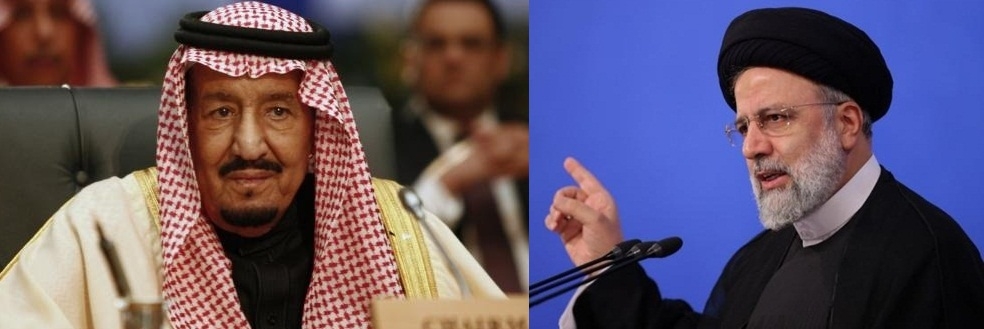
ME dynamics could change
The accord between Riyadh and Tehran – an agreement that took everyone by surprise – could have far-reaching repercussions, such as ending the proxy war between the two countries in Yemen and could even change dynamics in the Middle East.
The agreement is extremely significant, because it is the first time that China intervenes so dramatically and effectively in the affairs of the Middle East and because it comes at a moment when the United States was trying, by increasing pressure on Tehran, to push Saudi Arabia to establish diplomatic ties with Israel.
It also undercuts US diplomacy in the Middle East and shatters Israeli dreams of forming an Arab alliance against Tehran.
It was also reported that the deal will also revive a security cooperation agreement as well as other agreements signed in the past between the two countries.
There are hopes that the agreement between Tehran and Riyadh may lead to a ceasefire in Yemen, however, it is not at all sure that it will end the civil war in the country.

